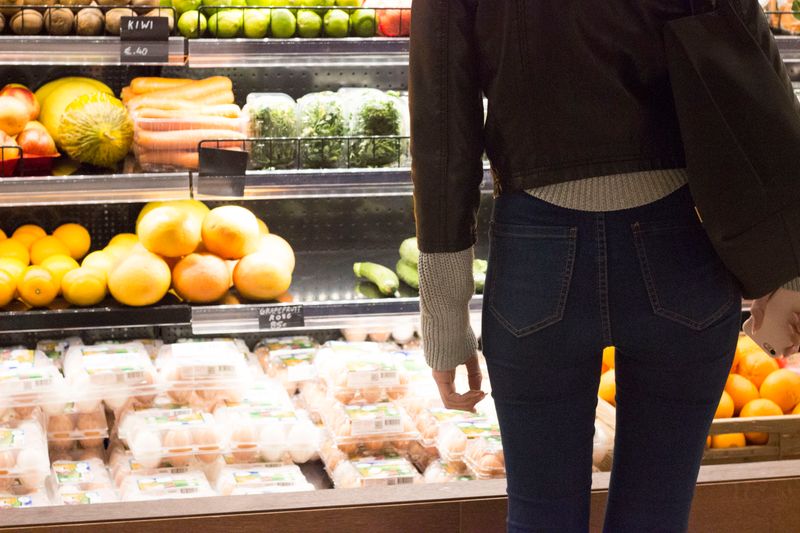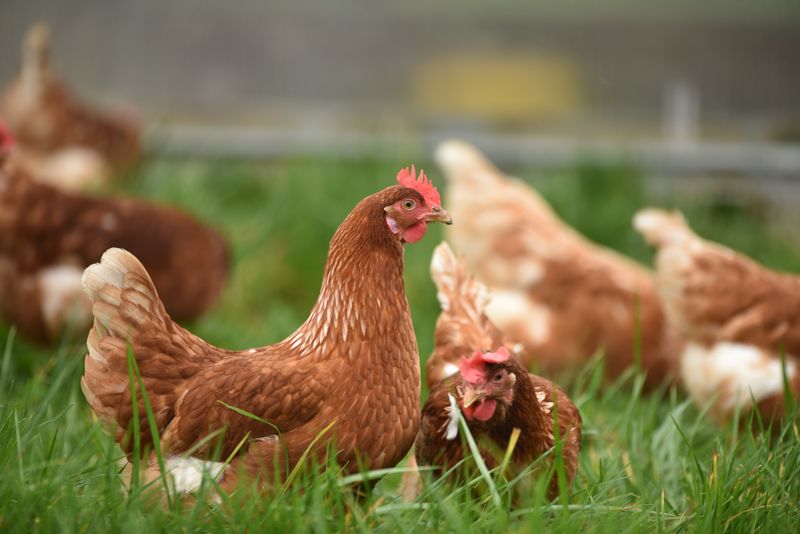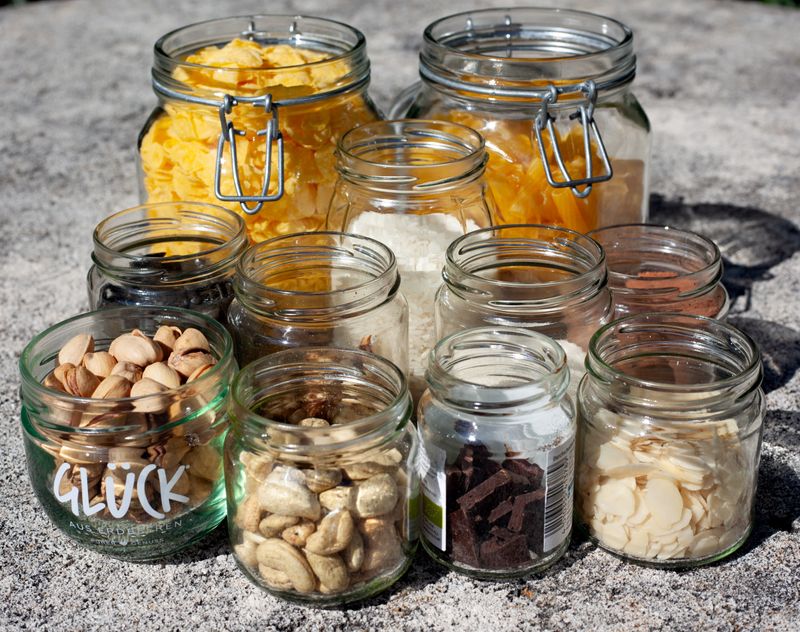What are some things you consider when choosing the foods you shop for?
Do you know which food items help us maintain Earth's natural resources?
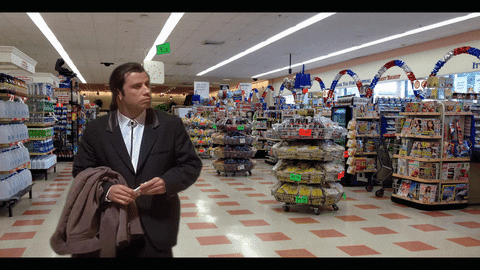
Having a keen eye for sustainable food products will help you get started on your sustainable shopping journey!

Sustainable Grocery Shopping in Small Steps
Sustainable shopping revolves around three main questions to ask yourself while shopping.
In her book How to Be a Conscious Eater, Sophie Egan states, "Ask yourself if you are optimizing at least one of these factors with every food choice."
1. Is this good for me?
Is it nutritious, wholesome, and safely produced?
2. Is this good for others?
Is it made with humane practices for animals and producers?
3. Is it good for the planet?
Is it made or sold with eco-friendly packaging?
One of these criteria may be enough, such as choosing all fresh, certified organic ingredients to prepare a healthy meal, while other products you choose may meet all three criteria.
Read Food Labels
Some companies use marketing friendly terms in their packaging that may lead you to believe they are sustainable, such as healthy, natural, and even the word sustainable.
To know which are the best options, look for certified labels that ensure the food you are buying is produced with the planet, animals, and workers in mind.
FoodPrint.org publishes a comprehensive list of food labels you can trust.
Common labels include USDA Organic, Non-GMO Project Verified, and Certified Naturally Grown.
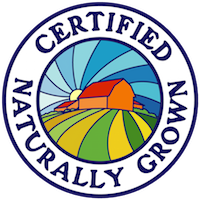

Did you know?
Reduce Food Waste
When you start cooking your own meals at home you can:
reduce food waste
eliminate take-out containers that end up in landfills
have fun while you experiment and get creative with your food!

When you have a proper shopping plan, it will help you:
buy only the items and quantities you need
limit the food you throw away
save money
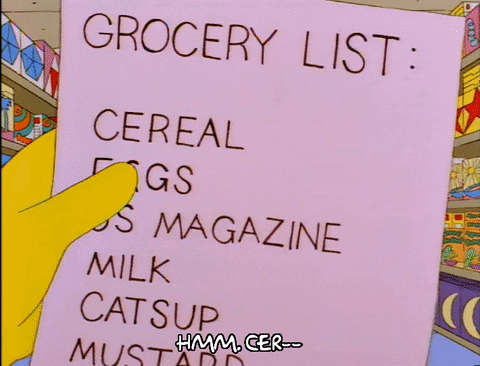
This short video will give you tips on proper storage in the fridge.
Quiz
Lisa is shopping for ingredients for a healthy, home-cooked meal. Which of these options would be good for sustainability? Choose all options that apply.
Did you know?
Subscribe for more quick bites of learning delivered to your inbox.
Unsubscribe anytime. No spam. 🙂
Reduce Meat Consumption
Industrial meat production uses inhumane practices, contributes to pollution of water and soil as well as greenhouse gas emissions.
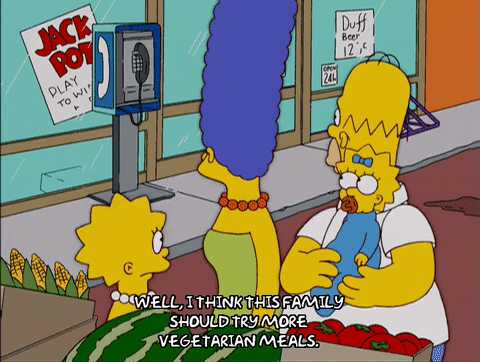
Some simple ideas for more sustainable meat consumption include:
Choose one "meatless" day per week

Skip meat for 1 or more meals daily

Consider blended meat products such as blended burgers
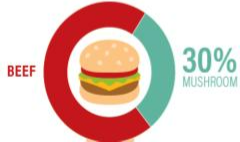
Select responsibly-produced meat

Did you know?
Consider Packaging
Plastic accumulating in our oceans and on land has become a global crisis. It threatens ocean health and is deadly to our marine wildlife.

When possible, choose cans and glass over plastic containers.
Use reusable grocery bags and produce bags.
Avoid single-use plastics.
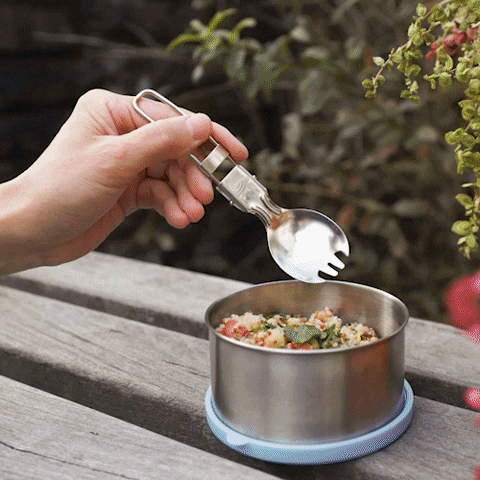
Quiz
Jack is considering his dinner options on his way home from work. Which of these would be the best choice for sustainability?
Did you know?
Take Action

Are you ready to take steps to be a more sustainable shopper?
Your feedback matters to us.
This Byte helped me better understand the topic.

